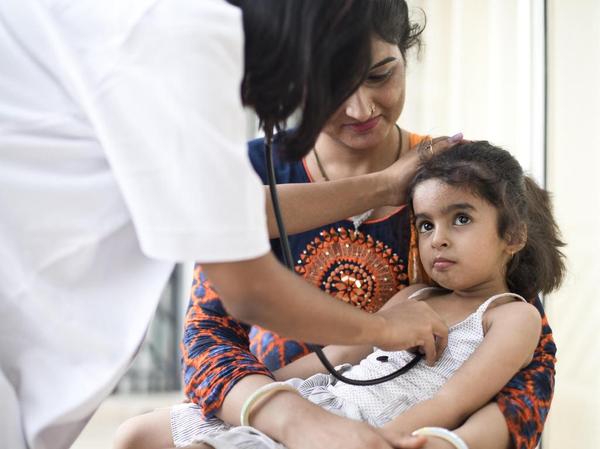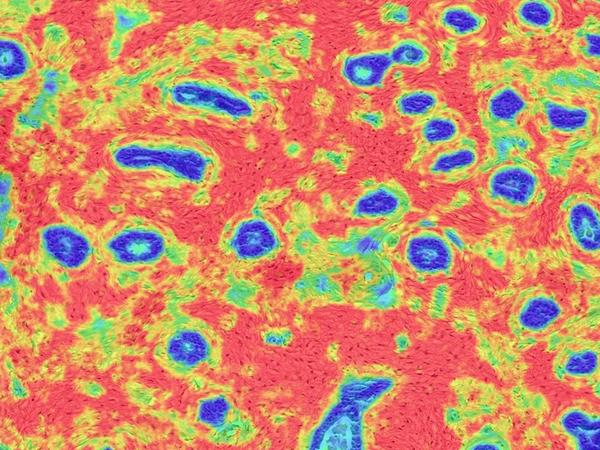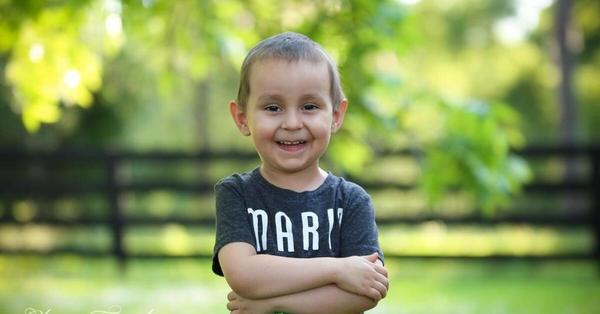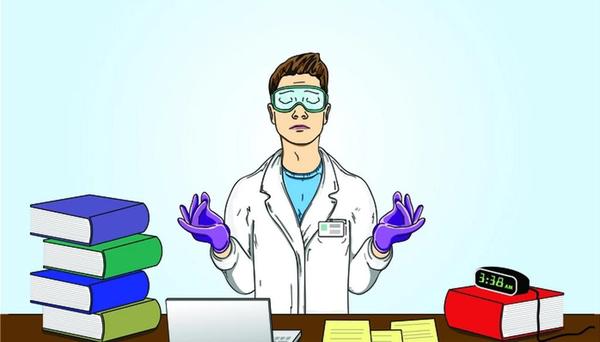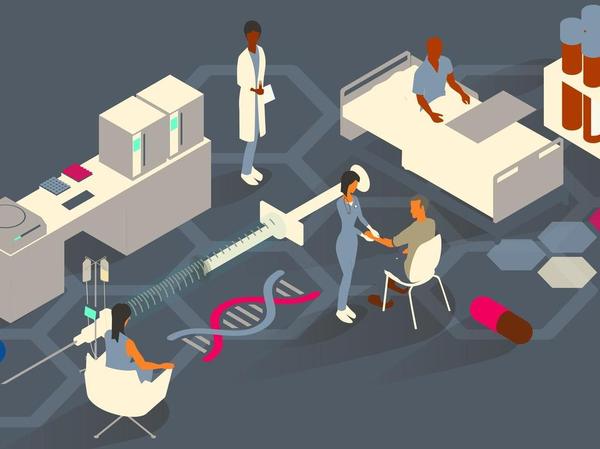
When Chemists Struggle With Infertility And Miscarriage
When she turned 35, Amber Charlebois thought her life was finally on track. She had earned a Ph.D. in chemistry, was completing a postdoc, and had a faculty position lined up. She had even met her soul mate in graduate school, and they had gotten married. It wasn’t long before they started talking about having a baby.
“I was think...
“I was think...
